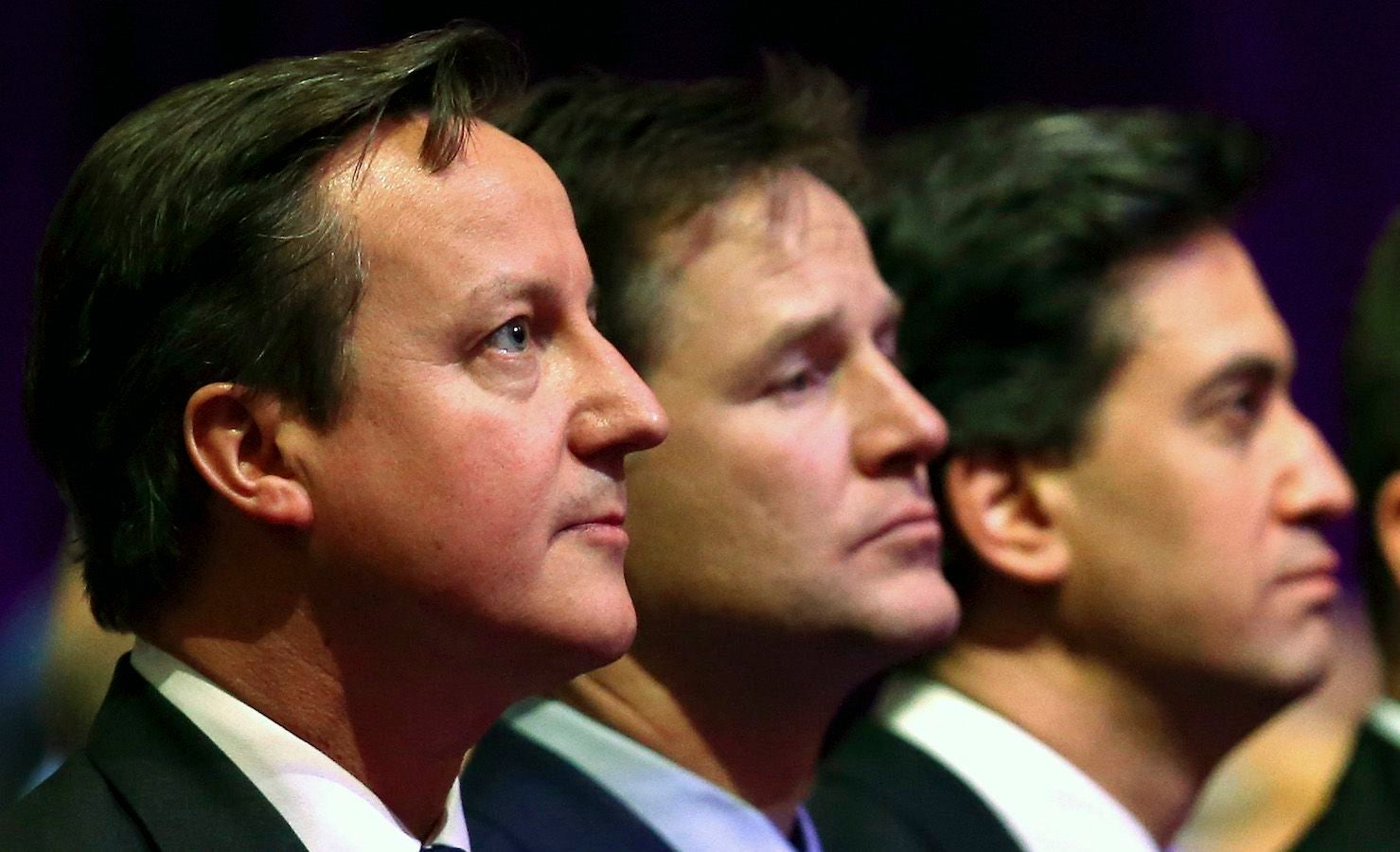David Cameron’s Conservatives won big in Britain’s surprisingly decisive election
The UK election has delivered a result that few predicted: a small but significant majority for the Conservative Party, led by incumbent prime minister David Cameron. He will now return to Downing Street for another five-year term, this time unhindered by the need to work in coalition with the Liberal Democrats, as after the previous election.


The UK election has delivered a result that few predicted: a small but significant majority for the Conservative Party, led by incumbent prime minister David Cameron. He will now return to Downing Street for another five-year term, this time unhindered by the need to work in coalition with the Liberal Democrats, as after the previous election.
The results saw Labour’s share of seats fall to a below where they stood after their previous defeat, in 2010. The Lib Dems, meanwhile, were nearly wiped out, losing some 50 seats. Ed Miliband, the Labour leader, and Nick Clegg, former deputy prime minister and head of the Lib Dems, both resigned.
In Scotland, the Scottish National Party won all but a few of the 59 seats north of the border, mostly from Labour incumbents. The pro-independence SNP will now form the third largest contingent of MPs in parliament.
In the coming months, the UK will see a number of leadership challenges among the cowed opposition parties, as Labour looks to find a new chief; the Lib Dems face an existential crisis; and the UK Independence Party replaces or re-elects leader Nigel Farage, who also resigned.
A second referendum on Scottish independence from the rest of the UK is now likely. A referendum on the UK’s membership of the European Union, one of Cameron’s pre-election pledges, will also now take place by 2017 at the latest.
Stocks, bonds, and sterling all rallied on news of the Tories’ surprisingly comprehensive victory. But the uncertainty in store for the country—most notably, whether Britain will remain a member of the EU, and whether the United Kingdom itself will remain united—is daunting indeed.